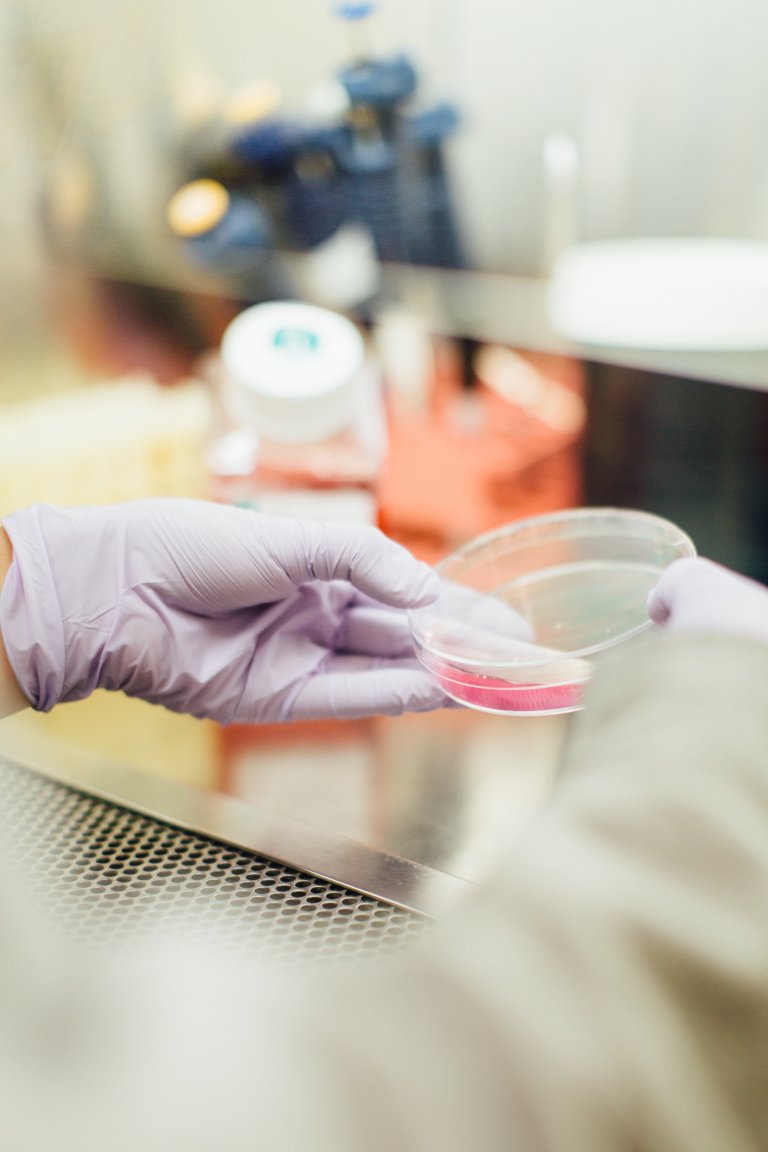
The Case of the Traveling Bacteria
In 2011, two researchers stumbled upon an intriguing find. In separate studies, Dr. Matthew Meyerson from the Dana-Farber Cancer Institute and Dr. Robert A. Holt from the Simon Fraser University in British Columbia found bacteria that’s normally in the mouth, called Fusobacteria, in human colon cancers.
Six years later, in a new study published in the journal Science, Meyerson and colleagues have confirmed the presence of Fusobacteria in up to half of all colon tumors. The researchers extensively studied human colon tumors that have metastasized to the liver. They found that tumors that have been infected with Fusobacteria continued to be so, even in the liver.

On the other hand, those cancer cells that originally didn’t have the bacteria remained uninfected, and tumor cells that grew from the liver and not the colon were also untouched. As further demonstration, Meyerson’s team transplanted human colon cancer cells in four generations of mice. In each generation, there were Fusobacteria inhabiting the tumor cells.
The suggestion of a role for bacteria in cancer has excited and intrigued scientists.
“By far the most likely explanation is that the cancer metastasizes to the liver and carries this microbiome with it,” Meyerson told the New York Times, suggesting that Fusobacteria traveled with the colon cancer cells upon metastasis. “The bacteria are not there by chance. It’s kind of amazing that the bacteria are such an integral part of the cancer.”
A Window for a New Treatment?
The presence of Fusobacteria within a cancer cell isn’t necessarily surprising. After all, a different type of bacteria have also been found in pancreatic cancer cells. Like those in the colon tumors, the bacteria in this case were also hosted by most of the pancreatic tumors.
Where, perhaps, this new study becomes intriguing is in the potential effect of using antibiotics to get rid of Fusobacteria on colon tumors. Just like their human mouth bacteria counterparts, the bacteria in cancer cells showed susceptibility to an antibiotic designed to fight it, called metronidazole.
Tumor cells grew at a much slower rate after mice were given this antibiotic. Conversely, those that were given an antibiotic that Fusobacteria was supposedly immune to, called erythromycin, didn’t display any signs of slower growth rate.

While it isn’t clear yet how the Fusobacteria ended up growing in the colon cancer cells, the research by Meyerson and his team demonstrated a correlation between the bacteria and tumor growth. This presents an interesting consideration. If colon cancer growth is influenced or affected by Fusobacteria, through some yet unknown mechanism, does this mean that antibiotics could help in cancer treatment?
Speaking to the The New York Times, University of Guelph’s Dr. Emma Allen-Vercoe, a researcher studying Fusobacteria’s role in colon cancer, advised caution. For one, she pointed out that antibiotics kill a host of other bacteria and not just Fusobacteria. Some of these, Allen-Vercoe added, could even be crucial in slowing how colon cancer progresses. Furthermore, every person typically hosts different types of bacteria.
“We don’t know enough yet to be able to predict the effects of a given antibiotic, and since everyone has a different gut microbiota, such a therapy will likely be hit and miss,” Allen-Vercoe told The New York Times. It’s also impossible to develop a clear vaccine strategy to guide such a treatment, given how we do not yet understand the pathological behavior of Fusobacteria in relation to human colon cancer. Such a treatment would also mean dependence on antibiotics, since Fusobacteria is constantly reintroduced in the mouth.